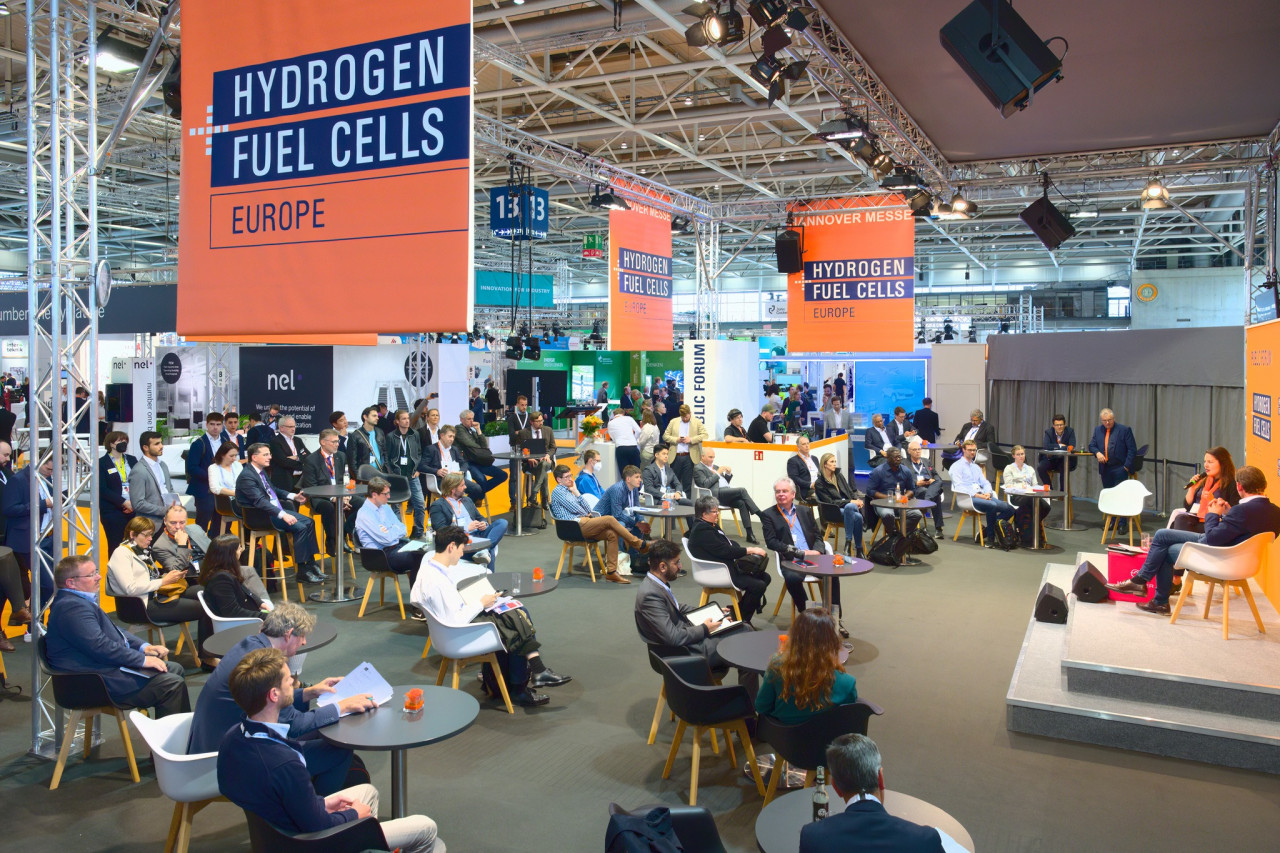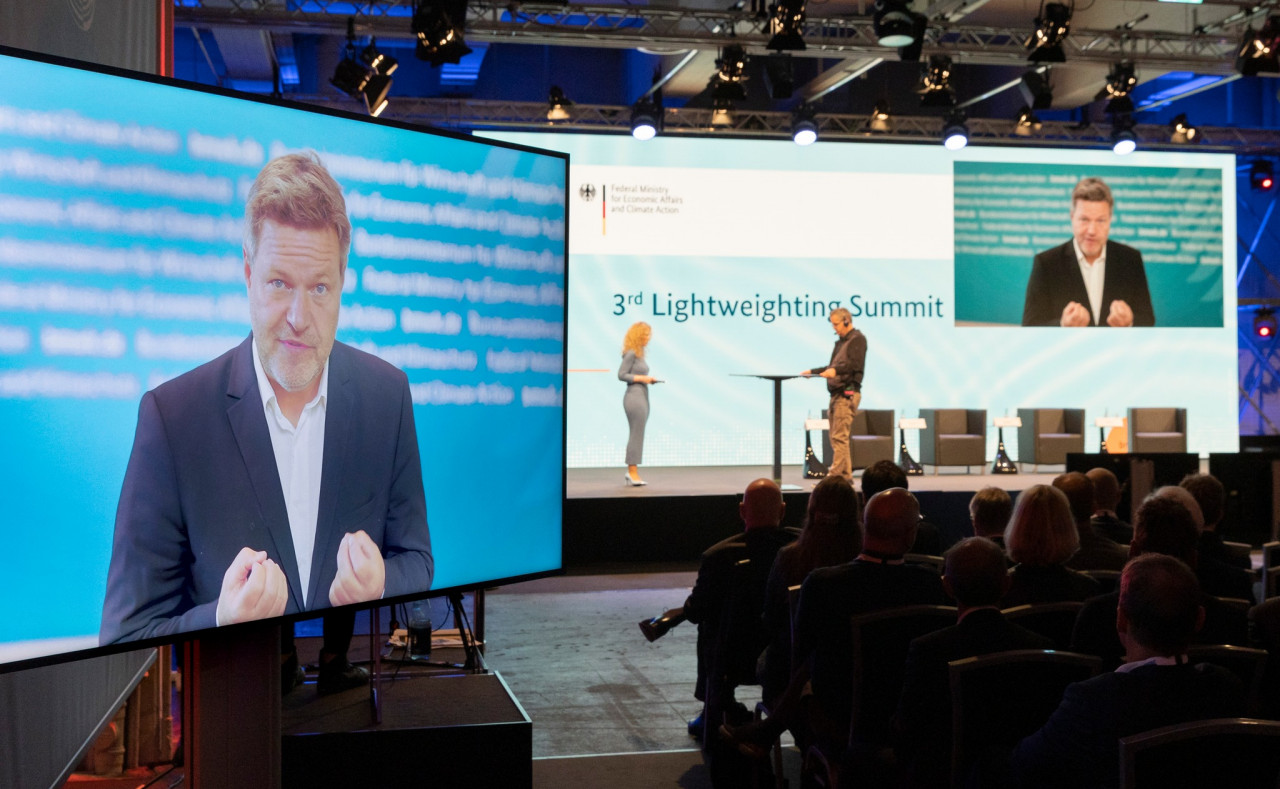The leading knowledge and networking platform for the manufacturing and energy industries is back to in-person expo and events this year with a bang. At the heart of the event is industrial technology, digitalization and decarbonization to transform businesses and industries, through climate-neutral and sustainable value creation.
The 2022 edition of Hannover Messe international industrial fair is off to a great start. Over 2,500 companies, including 150-plus start-ups, from about 60 countries are participating to showcase their innovations and leading solutions for manufacturing and energy systems of the future.
The four-day event is also expected to be one of the largest gatherings of the global industry leaders, technocrats, and policy makers cutting across different sectors and regions. Hannover Messe will also turn out to be a start-up hub and the meeting point for entrepreneurs, related networks, incubators, and economic development organizations.
Under the lead theme of "Industrial Transformation", the exhibitors at the Hanover exhibition centre will be demonstrating how connected production facilities can operate in a more efficient and resource-saving way, and how energy can be generated and transmitted sustainably.
Hannover Messe is also a unique knowledge platform to feature more than 600 presentations and panel discussions. Various topic-based stages host companies presenting their strategies and solutions for current global challenges, including rising energy prices and disrupted supply chains.
"In view of the current global political situation, the topics at Hannover Messe are more relevant than ever. At the heart of the matter is how we can ensure security of supply and growth while counteracting climate change," said Dr. Jochen Köckler, Chairman of the Managing Board of Deutsche Messe AG.
He added that the world needs speedy solutions to problems that are political, economic and above all, technological in nature, and that Hannover Messe will offer the ideal setting to discourse. "There is no getting around it; we have to think and find a balance between supply security and climate change together. The technologies on display at the show will play a key role in this".
With Europe striving to become climate-neutral by mid-century, companies have set themselves ambitious goals to this end and are in the process of completely converting their production and services. Exhibitors at the show are demonstrating necessary technologies in this regard, using digitization, automation, robotics and AI systems.
For instance, Bosch is showing how intelligent energy management and connected robots make battery production more efficient and sustainable. Siemens is demonstrating how EV manufacturers can achieve their sustainability goals with digitization and robotics.
Under Energy 4.0 conference stage, an exclusive session on "Making the energy transition tangible: E-mobility" scheduled on June 2 will discourse on various ways and means to e-mobility using battery and fuel-cell technologies. Yet another session titled "Hydrogen as the Future of Mobility" is to happen tomorrow.
Renewable energies and green hydrogen are in spotlight at Hannover Messe this year, as they are considered to play a critical role towards CO2-neutral production and energy supply security in Europe. More than 250 exhibitors are addressing the topic of hydrogen at the expo.
Leading participants in the hydrogen space includes Fraunhofer Institute, who will be using a reference factory to demonstrate how the costs of producing hydrogen can be significantly reduced. GP Joule is presenting Germany's largest hydrogen mobility project, while Spanish firm Iberdrola is promoting its latest and Europe's biggest hydrogen production facility.
Germany's Ministry of Economics and Climate Protection (BMWK) and Deutsche Messe are staging the 'Light-weighting Summit' at the show to examine the interplay between light-weight construction and hydrogen.
These two technologies drive resource and energy efficiency to enable climate protection and resilience. Simultaneously securing the supply of regenerative energies and protecting natural resources requires this combination of strong cross-sectional technologies, according to the organizers.
Read More


